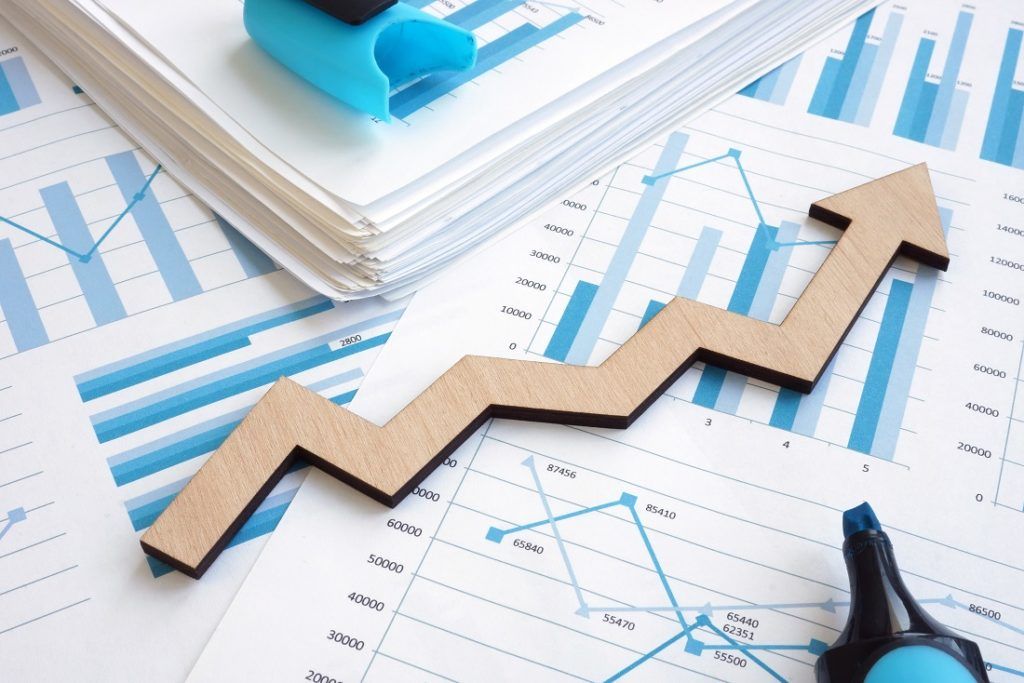Future Economics – How the Economy Will Change
The future economy will be more efficient and inclusive of people as technology improves and social contracts are broken down. We can expect a shift in economics that creates a new era in human history. This new era will be characterized by more effective use of resources, rapid innovation, and reduced economic inequality. The future of economics will be very different than the past, and you need to know how to prepare for it. This article will examine how the economy has changed and what the future holds. Have you ever heard of economic cycles? In this blog, we’ll explain what they are, how they affect you, and how to prepare for them.
When economists talk about the “business cycle”, they talk about how the economy changes over time. In this post, we’ll discuss how the economy changes, how it affects you, and how you can prepare for it. Future Economics will be an attempt at predicting the future of economics. I am not just looking forward to what’s coming but also to what has come before. With that in mind, I would love to hear your thoughts.

What is economics?
Economics is a complex system, and many of its complexities lie in its rules constantly changing. Economies have been defined as cyclical, which means they move between growth and contraction periods. These periods are known as economic cycles, and they happen when there is a change in the level of demand for goods and services. This change causes an increase in the prices of these goods and services, and so businesses respond by producing more of them. As the cost of these goods and services increases, their demand decreases. Therefore, the prices fall back to normal levels. This cycle continues until a new equilibrium is reached.
The history of economics
The idea of “cycles” is new but has become increasingly relevant. Before the Industrial Revolution, most people worked on farms, and the economy was predominantly agricultural. This was because farming was more accessible than working in the manufacturing industry. As the Industrial Revolution took hold, more jobs were created, and the economy became more industrialized. This new economy made most people workers, and the government had to provide a safety net for them. However, there was no one to ensure the workers could feed themselves. So, the government created the US Federal Reserve to provide a stable currency. Many factors affect the economy, such as technology, population growth, wars, unemployment, government spending, and interest rates.
Who is responsible for economics?
Economics is a science that deals with producing, consuming, and distributing goods and services. As an economics student, you may wonder who is responsible for the economy. To put it simply, the government is responsible. The government is the entity that creates money, and thus,, it’s responsible for the money supply. But the government is only accountable for money; it has no control over producing goods and services. It’s important to note that the economy is not a single thing. Instead, it’s the total of all the production, consumption, and distribution of goods and services in society.
Why is economics important?
Economics is the study of money, trade, and production. In a nutshell, it’s the study of how societies interact. Economic cycles are a regular part of this. They happen every 3-5 years and occur when an organization reaches a particular stage of development. Generally, the “wealthy” societies (i.e., those with the most money) tend to have shorter economic cycles. They get richer quickly but then collapse because they lack the skills, knowledge, and resources to sustain themselves.
On the other hand, “poor” societies (i.e., those with less money) tend to have longer economic cycles. They can’t compete with the wealthy, so they get poorer and poorer. You’ll see that today’s “rich” economies are simply the “poor” economies of tomorrow.
Why do we need economics?
It’s hard to imagine a world without economics. Economics is about human behavior and what motivates us to buy, sell, work, invest, and spend. Economists study everything from personal finance to international relations. In the past, most economies were very “static.” They were very similar year after year, so economists could predict them precisely. This is no longer the case.
As you know, the economy is constantly changing. Today, economists study the interaction between the economy and technology, demographics, and other variables. These changes have led to new theories and innovations, including financial technology, smart contracts, cryptocurrencies, blockchain, and artificial intelligence. Economics is also essential for governments. Governments significantly influencenomy, and it’s hard to see what would happen if the economy went down. As discussed in the previous section, governments try to control the economy with central banking and stimulus programs.
How does economics affect our lives?
Economics studies human behavior in producing and consuming goods and services. In simple terms, economists are concerned with finding ways to increase society’s overall well-being. Economists often study macroeconomics and microeconomics related to our personal lives. Macroeconomics deals with a country’s overall health, while microeconomics deals with individuals and companies. The macroeconomics we’re most familiar with are monetary policy and inflation, which deal with the creation and management of money. We’ll also briefly look at the Fed, which is the Federal Reserve, and why they exist. The microeconomic studies include labor economics, supply and demand, and cost-benefit analysis.
Frequently asked questions about economics.
Q: What are some things that students should know about economics?
A: People think of economics as something like science or mathematics, but it isn’t. Economics is a social science; you can’t just go to school and learn how to do it. You must understand sociology and psychology to understand how we act, interact, and make decisions.
Q: What is the essential thing students need to know about economics?
A: The most important thing that students need to know about economics is that it affects everything in our lives, from how we vote and live to how we decide what to eat.
Q: What’s the most common misconception about economics?
A: The most common misconception about economics is that there is some magic formula for creating wealth. There is no one magic formula. It is more of an art form.
Q: Why is it important to teach kids about economics?
A: The reason why it’s essential to teach kids about economics is because the decisions we make and how we conduct ourselves in our daily lives are heavily influenced by economics.
Q: What is one thing about economics that students might not know?
A: One thing about economics that students might not know is that people have their schedules and reasons for doing what they do. That can affect how things turn out in the future.
Q: What is the best part about being an economist?
A: The best part about being an economist is seeing the impact of your work.
Myths about economics
1. Money is the root of all evil.
2. If someone has more money than you, they are probably a capitalist.
3. All politicians are crooks.
4. There’s nothing new under the sun.
5. No good deed goes unpunished.
6. A man with a watch knows the time.
7. You have to make your luck.
Conclusion
Economic theory is a vast subject, and it will continue to evolve. I want to give you a basic understanding so you can start making money online. You can choose what kind of content to create as long as you know your audience. You can also use your skills to create original videos. Or you can start a blog and get paid for writing.












